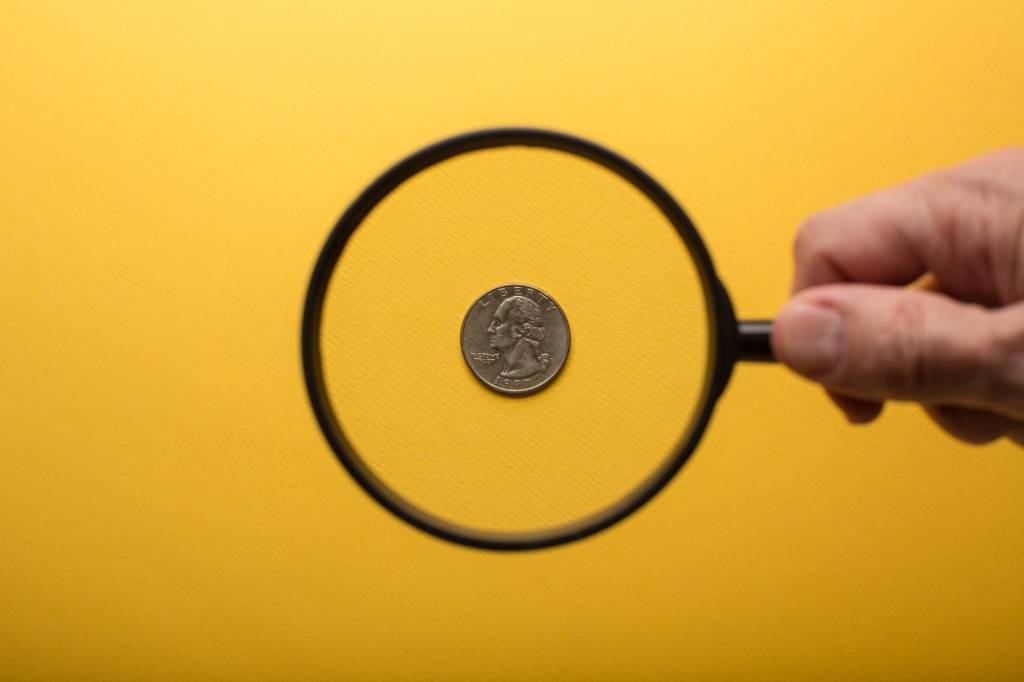Russ Heddleston
There’s no question about it: The market going into 2023 isn’t going to be what it was when 2021 ended, when growth at all costs sometimes trumped common sense.
But the market isn’t as “down” as it may seem. There’s plenty of money to be invested, and founders who have the right mix of purpose, business model and traction need to remember that opportunities for funding can still be found.
Sky-high valuations and questionable investments in 2021 have brought investors back to Earth and prompted more thorough analysis of investment opportunities. This return to discipline, demonstrated by a more tempered and stabilized volume of investor weekly pitch deck interactions, isn’t a big surprise. The pace in 2021 was unsustainable and there was bound to be a slowdown in the funds invested. However, it’s not because there is no money left.
As of September, there was around $290 billion in “dry powder” floating around — enough to fuel startup investments for the next four years — but founders are finding it harder to raise money than they have in many years. Instead of demanding growth at all costs, VCs are taking a deep breath and erring on the side of patience.
Founders may be discouraged in this environment, but they need to remember that they have “currency,” too. Founders should do their own due diligence by identifying investors who best suit their needs and focus on their core strengths and value propositions.
Due diligence isn’t only for investors
Founders should always be eager to set up meetings with investors, but they should aim to reach out to a variety of investors, too.
Much as a product is dependent on its market, a founder is dependent on their investors. Not all investor meetings are equal, so founders need to research their potential investors thoroughly.
DocSend’s recent pre-seed report found that the average number of investors contacted dropped from 69 to 60 in 2022, but the average number of meetings scheduled increased from 39 to 52. This could be a sign that early-stage founders are starting to practice due diligence on their end as well, vetting investors and bringing different expectations to every meeting.
As investors find patience again, more sustainable and organic investing strategies have come to light. This often means founders are receiving smaller amounts of capital as investors place more small bets and diversify their investments across multiple verticals.
Such a strategy can actually lead to more investments for founders. Smaller check sizes can be initially disappointing and mean that founders must work harder to secure more meetings, but they also mean that investors are spreading their money wider and looking for additional strong investment opportunities. Founders can piggyback on this approach and diversify their outreach during fundraising rounds.
Investors are also placing additional importance on existing relationships with founders. Betting on a person to succeed, as opposed to a product, is becoming more common, so founders should attempt to capitalize on their existing relationships as much as possible.
Make an undeniable first impression
In 2022, investors are giving pitch decks less attention than ever, per DocSend’s weekly Pitch Deck Interest metrics that measure investor and founder activity. This means founders need to make a strong and quick first impression.
Unlike in 2021, unsuccessful early-stage decks today aren’t getting as much investor time as successful decks. Investors are flying through decks and are comfortable not thinking twice about moving past a deck that doesn’t grab their eye immediately.
One way founders can set their company and product apart at first glance is their Company Purpose section. DocSend’s pre-seed report found that investors spent the third-highest amount of time reviewing the Company Purpose slide in pre-seed pitch decks, behind only the business model and product slides.
This is a sign that investors are focusing more on the reasoning behind a product and not just its potential to be made or succeed. They have shifted their focus and are using the question of “why does this product need to exist?” as a crucial checkpoint for investment activity.
What next?
Success in any market is dependent on one’s ability to be agile and quickly adjust to their surroundings, and the fundraising market is no different.
The shifts in today’s market have shown that founders and investors need to be strategic and regimented with the capital they have. VCs are fiercely raising cash they will be looking to invest, but their investing criteria have changed since 2021. Founders who can make a strong first impression, display a worthy purpose and adequately vet and cater to investors they’re contacting and meeting should be able to tap the record-breaking funds that VCs are raising. It just might take more time or result in a smaller valuation than last year.
As always, founding a startup and fundraising are not for the faint of heart. Founders need to be tough and scrappy to succeed in a fundraising marketplace that ebbs and flows. This year might be down from 2021, but this isn’t a “down” market, and founders should still be approaching their raises with tempered optimism and eagerness, as well as strategies that can set them up for success.






























Comment